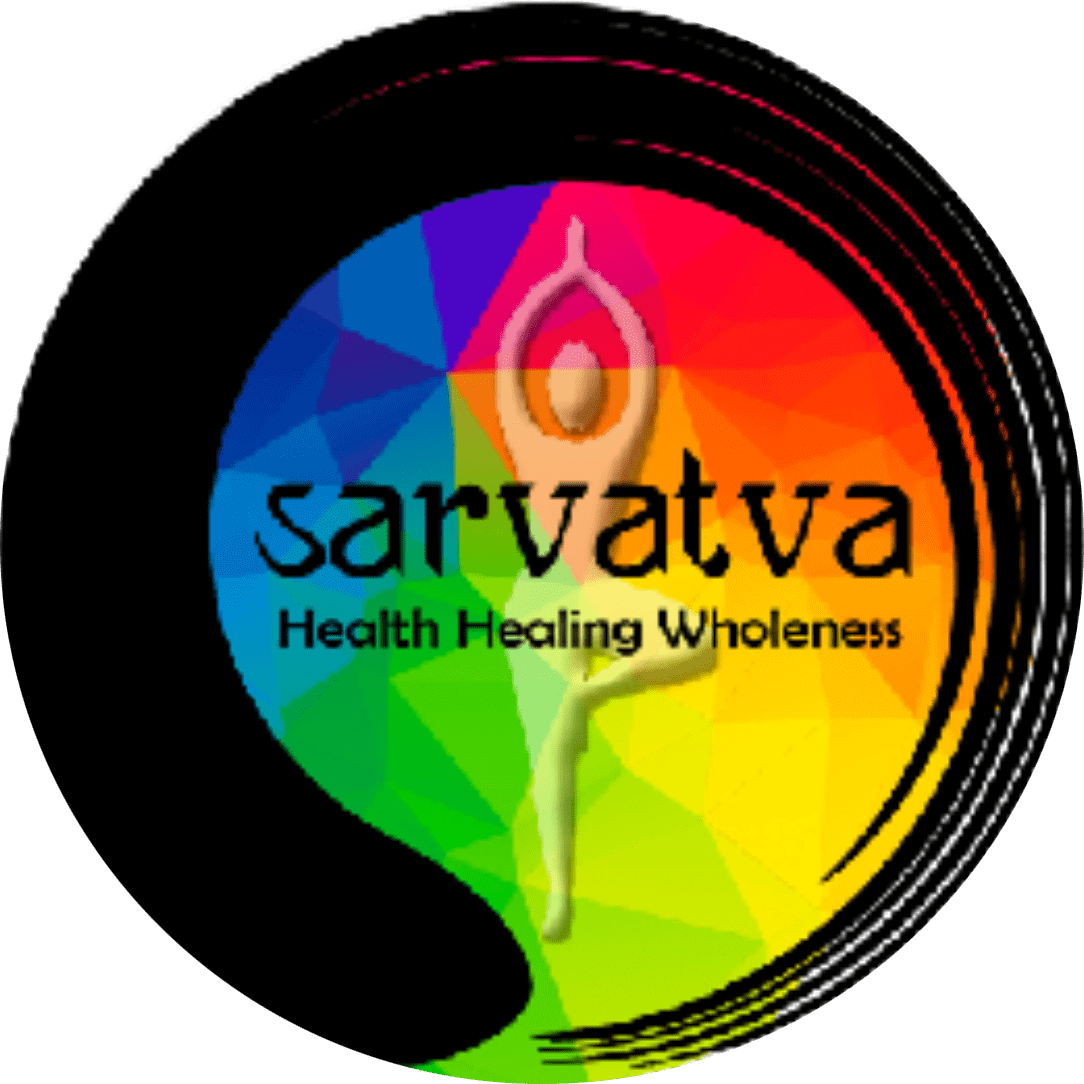Do you suffer from irregular periods? Are you having excessive hair growth on your face? Has your doctor diagnosed you as having PCOS? Here’s how you can manage your symptoms and cure the disorder. Starting with understanding what is PCOS and how it affects you.
What is PCOS?
Poly cystic ovarian syndrome (PCOS) is a group of symptoms with the primary finding of cysts(fluid filled sacs) in the ovary. These symptoms range from –
- Obesity,
- Insulin resistance and high sugar levels,
- Mood swings,
- Delayed or irregular periods,
- Facial hair growth,
- Hair thinning, to
- Acne,
- Migraines,
- Abdomen feeling full and bloated etc
What causes PCOS?
Normally, the ovaries release eggs to be fertilized by a man’s sperm. The release of an egg each month is called ovulation. Follicle-stimulating hormone (FSH) and luteinizing hormone (LH) control ovulation. FSH stimulates the ovary to produce a follicle — a sac that contains an egg — and then LH triggers the ovary to release a mature egg.
Doctors don’t know exactly what causes PCOS. They believe that high levels of male hormones prevent the ovaries from producing hormones and making eggs normally.
Genes, insulin resistance, and inflammation have all been linked to excess male hormones (androgen) production.
Can there be long term effects of PCOS?
Unless treated, PCOS can have long term implications like –
1.Infertility
To get pregnant, you have to ovulate. Women who don’t ovulate regularly don’t release as many eggs to be fertilized. PCOS is one of the leading causes of infertility in women.
2. Metabolic syndrome
Up to 80 percent of women with PCOS are overweight or obese. Both obesity and PCOS increase your risk for high blood sugar, high blood pressure, low HDL (“good”) cholesterol, and high LDL (“bad”) cholesterol. Together, these factors are called metabolic syndrome, and they increase the risk for heart disease, diabetes, and stroke.
3. Endometrial cancer
During ovulation, the uterine lining sheds. If you don’t ovulate every month, the lining can build up.
A thickened uterine lining can increase your risk for endometrial cancer.
4. Depression
Both hormonal changes and symptoms like unwanted hair growth can negatively affect your emotions. Many with PCOS end up experiencing depression and anxiety.
How is PCOS treated? Conventionally, it is believed that, PCOS can only be ‘managed’ and not ‘treated’. Allopathic management consists of –
1. Birth control pills containing oestrogen and progestin; and diabetes drug metformin, to help regulate the hormonal balance and restore ovulation. However, once the pills are stopped, the cycle is irregular again.
2. Clomiphene is a fertility drug, however chances of twins and multiple births increase due to it. Surgery may also be needed for improving fertility.
3. Excessive hairgrowth can be taken care of by laser.
4. Additionally anti depressants and /or anti-anxiety pills may be prescribed for depression/anxiety.
But if this cocktail of medicines overwhelms you, you are at the right place! Life-long Allopathic medicines are not the only recourse for your complaints, PCOS can be sucessfully treated with a combination of Homeopathy, diet and lifestyle changes.
How does this work? Homoeopathy restores the natural hormonal balance, dissolves the cysts in the ovaries, and prevents their recurrence. It also reduces insulin resistance, helping you to reduce weight. Homoeopathic treatment improves fertility and asists you to concieve naturally.
The do’s and dont’s of food-
Avoid-
Fried food and red meat, which increase the levels of ‘bad’ cholesterol in the body.
Bakery and dairy products contain saturated fats which again increase the cholesterol levels.
Avoid simple carbohydrates like sugar and honey. Simple carbohydrates are easily absorbed, causing a sugar spike and weight gain. Coldrinks and other sugary drinks contain calories without giving you any nutrition and should be avoided.
Have –
Millets like – Pearl millets (Bajri), sorghum (jowari), finger millets (nachni), amaranth (rajgira) have a low glycemic index, which means they are absorbed slowly and do not cause a sugar spike. Hence rotis made from millets and coarsely ground wheat is a healthier alternative to regular flour.
Hand pounded/ brown rice can be substituted for regular polished rice. The fibre in the husk regulates bowel movements, relieves constipation and abdomen bloating. Additionally micro-nutrients in the husk improve skin and hair health and texture.
Pulses like (green moong), kidney beans (rajma), chana dal, mug dal, soyabean; and paneer should be regularly consumed.
Oranges, pears, papaya, and especially red fruits like watermelon, apples, plums help to relieve PCOS symtoms.
Flaxseeds, walnuts and almonds give us the much needed omega fatty acids (good cholesterol ) and help maintaint heart health.
Fenugreek (methi) seeds and cinnamon powder reduce the insulin resistance and consequently sugar and cholesterol levels in blood.
For bloated feeling of abdomen, you can have ajwain (carom seeds) and tulsi leaves added to drinking water.
Apart from this, daily exercise for atleast 40 minutes is needed to maintain weight and overcome PCOS.
Recommended food chart and timings –
- 7:00 am – Tea/Coffee with half spoon sugar
- Half an hour brisk walk + half an hour yoga
- 8:30 am – Breakfast – pohe/upma/idli/thaalipeeth/paratha/rice porridge/ boiled eggs
- 11:00 am – Fruits/ milk one glass/ sprouts
- 1:00 pm – Lunch – 3 rotis, 1 vati vegetable, 1 vati dal, 1/2 vati rice with 1 teaspoon ghee, 1 big bowl salad
- 4:00 pm – Tea/coffee with 1/2 spoon sugar
- 6:00 pm – Dry fruits – almonds, walnuts / khakra/ chiwda/sprouts
- 8:30 pm – Dinner – salad one bowl, no rice
Take home message –
- Substitute sugar with jaggery/dates
- Use minimal oil when cooking
- Brown, unpolished rice instead of white rice is highly recommended
- Avoid maida, sweets, cakes, instant noodles, bread and processed foods.



